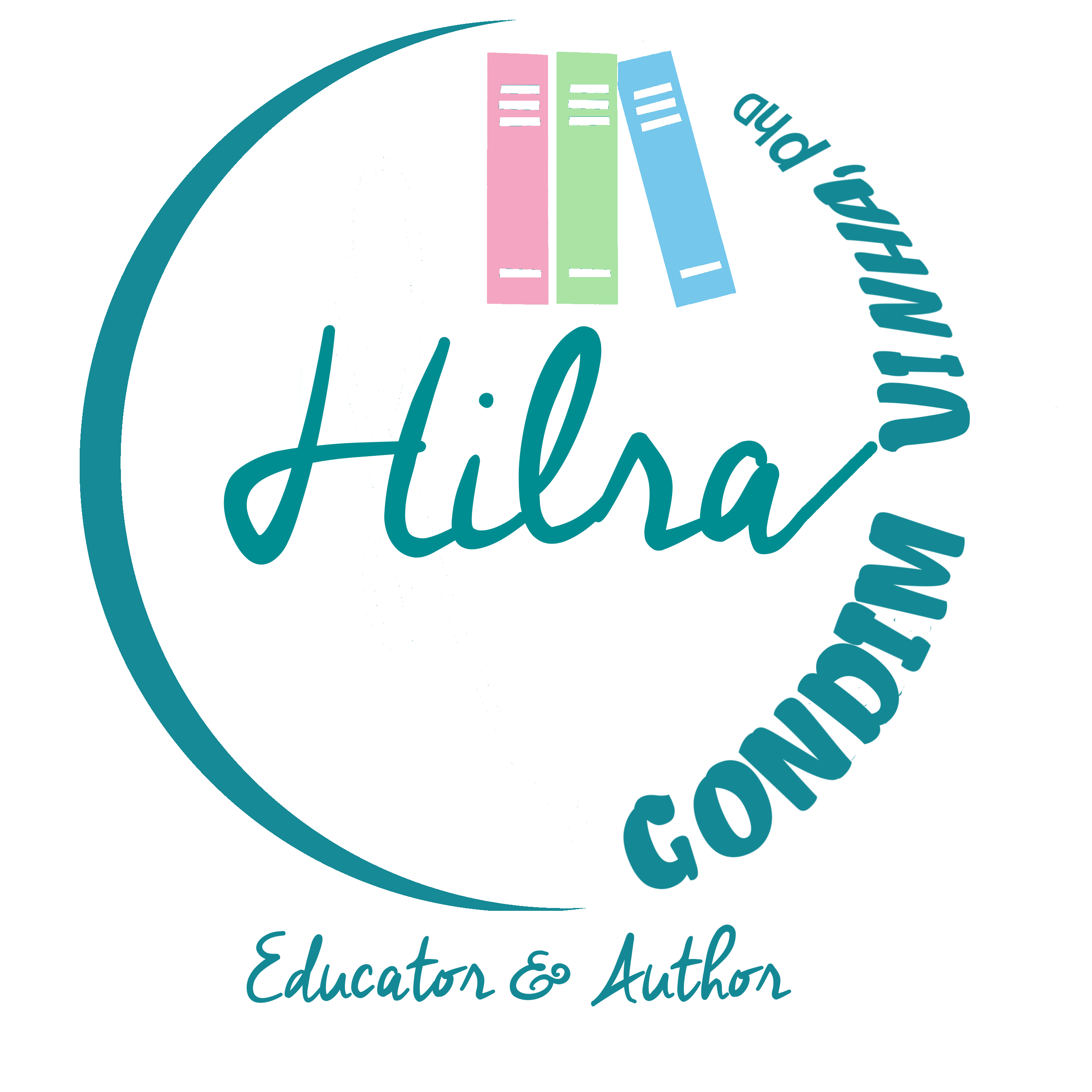Narrative inquiry is recognised as a feasible approach to qualitative research, while narrative and storytelling have been considered pedagogical tools (Coulter et al., 2007), therefore, the existence of intersections or similarities are not dubious or new, and what I present in the following sections is my perception of the encounter of narrative with education.
Examining the concept of education
Taking into account that there are a variety of concepts of education, learning and the processes involved, it is crucial to state which principles drive this discussion. My personal experience as a student have convinced me that learning is a “process that is active and interactive, set within the context of warm and nurturing relationships and rich in communication” (Collins et al., 2002 , p. 1). Subsequently, my personal engagement as an educator is strongly marked by a discordance to the postulates of behaviourist theories, and all approaches that can be regarded as “bank education” (Freire, 1970). Additionally, working as a primary teacher and later as a sort of ‘instructor of teachers’ allowed me to develop my praxis as an “empowering set of practices, which stress the learner as a critical investigator, rather than the passive recipient of knowledge” (Collins et al., 2002, p. 4). In short, my perception of educative process is the one that encourages significant learning through the legitimating of individual agency, both of learners and teachers, encouraging active construction of knowledge and development of meanings, surrounded by an environment of social interactions, which promote critical consciousness and freedom.
Examining the concept of narrative
The term narrative has various applications and uses, but here the term is used in the sense used by Polkinghorne (1988, p. 13), that is, narrative is “the kind of organizational scheme expressed in story form”. Narratives are powerful means of making sense. “We create narrative descriptions for ourselves and for others about our own past actions, and we develop storied accounts that give sense to the behaviour of others. We also use the narrative scheme to inform our decisions by constructing imaginative ‘what if’ scenarios” (Polkinghorne, 1988, p. 14).
Narratives are so intensively present in every stage of human development, and in every situation in human life that the broadest description of this presence can be said is that by Hardy (1968, p.5) where she declares how ubiquitous narrative really is, she argues that “we dream in narrative, day dream in narrative, remember, anticipate, hope, despair, believe, doubt, plan, revise, criticize, construct, gossip, learn, hate and love by narrative”. This is not a particularly sophisticated statement; in fact it would be quite ingenuous, if it was not so genius. Probably the omnipresence of narrative in everyday life makes it so obvious that conversely it is not obvious, and the words of Hardy have the ability to make us remember what we know somehow.
According to Clough (2002, p.8) “narrative is useful only to the extent that it opens up (to its audience) a deeper view of life in familiar contexts: it can make the familiar strange, and the strange familiar”, and this potential to deepen the view of life is one of the characteristics that makes narrative a unique means of making sense of lived life. On the other hand, “as a means of educational report, stories can provide a means by which those truths, which cannot be otherwise told, are uncovered” (Clough, 2002, p.8). In short, we live immersed in narrative from birth to death. Life itself is made up of various stories that are interrelated, interdependent, and personal, at the same time that they are, in some aspects, disunited, isolated events and social constructs.
Narrative and educative process: a reflection on possible intersections
Introduction: ‘I have read your romance on the subject of education’
1. Narrative and Education: comparing the concepts
1.1. Examining the concept of education
1.2. Examining the concept of narrative
2. Narrative and Education: four non-arbitrary intersections
2.1. Principle of authorship
2.2. Principle of temporal continuity
2.3. Principle of empowerment
2.4. Principle of Interaction through communication
3. Conclusion: beginning and finishing from my standpoint
3.1. Personal account: autobiography as an emancipatory learning experience
3.2. Conclusion: how I regard my understanding of narrative as an educative process
